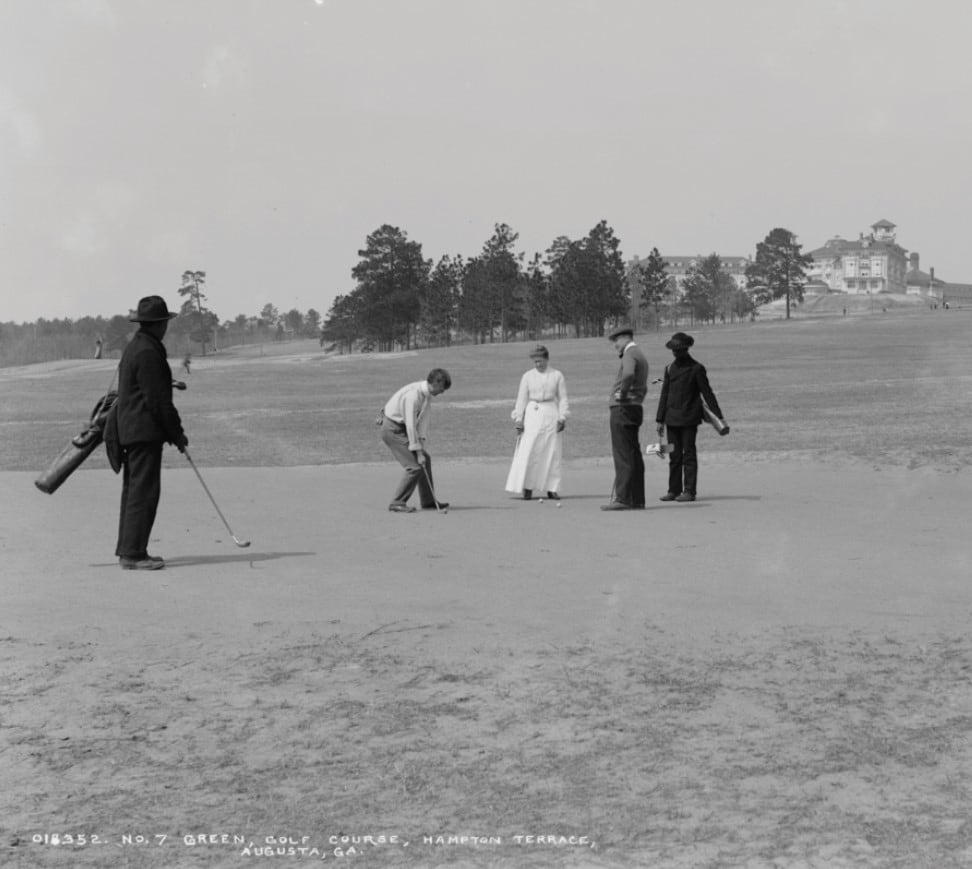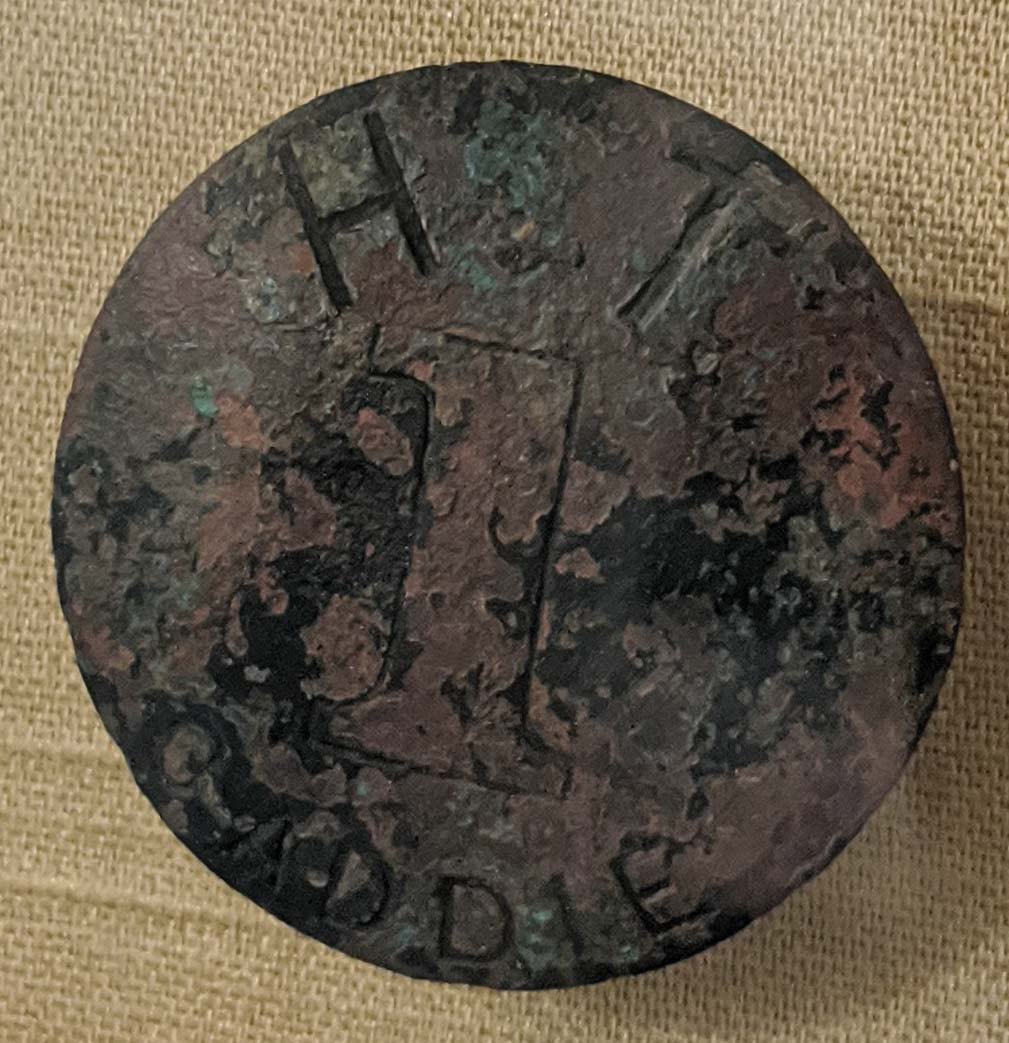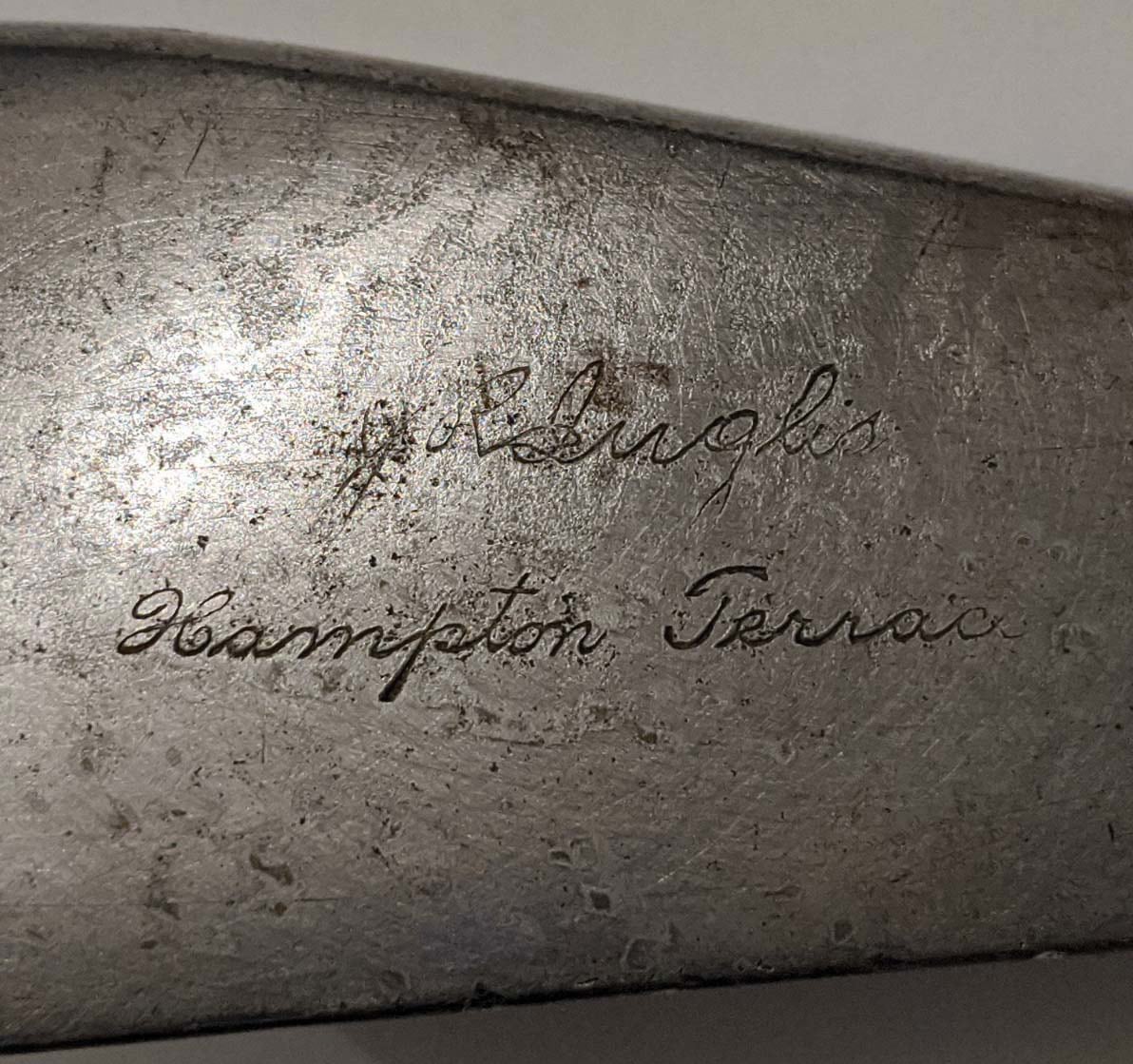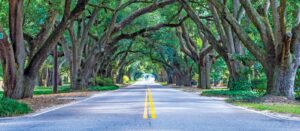If you think playing golf today is difficult, let’s take a trip to the late 1800s and early 1900s. Several golf courses existed in the Central Savannah River Area (CSRA) at the turn of the century. The first golf course in our county was the Palmetto Golf Club of Aiken, which was founded in 1892 by Thomas Hitchcock. Next up was the Hampton Terrace Hotel’s golf club in North Augusta, laid out in 1903 for guests of the North Augusta hotel. This article will focus on those two golf courses.
Not for the faint of heart.
A quote from an 1899 article about the upcoming match between Augusta’s Bon Air golf club and the Aiken golf club states that golf, “must be very interesting, for a gentleman said yesterday that unless one was prepared to retire from business life altogether golf were best not tampered with.” I think that many a person would enjoy the excuse to retire for the sake of his golf game …
Men and women were invited to play on the local courses and it was a popular sport in our area with frequent tournaments. As with many sports in our area, the golf courses were racially segregated. African American men were an integral part of the sport, working as caddies. In the picture of the Hampton Terrace Hotel’s hole 7 green, you can see three players (one is a female golfer) and two caddies. Our collection at the ACHM includes a golf caddie tag that allowed the caddie to work on the Hampton Terrace Hotel golf course.
In addition to the rare caddy tag, the Museum also has a hickory shaft putter from the Hampton Terrace course that is engraved with the name of the hotel and the name of the course’s golf pro. In this case, the putter has the name J.R. Inglis engraved onto its surface. John R. Inglis is well known in our area as a golf course architect, clubmaker, and club professional who often visited the Hampton Terrace Hotel and worked as their golf pro around 1914. Inglis was also involved in the design of the Aiken Golf Club’s course while he worked as their club pro from 1915 to 1939. In 1938, Inglis inaugurated the National Women’s Tournament at the Aiken Golf Club, won by a “schoolgirl” named Patty Berg. That name should ring some bells because Patty Berg would go on to become one of the most famous female golfers in the world. She was inducted into the World Golf Hall of Fame in 1974.
Although the Hampton Terrace Hotel burned down on December 31, 1916, the golf course remained open for a few more years in hopes that the hotel would be rebuilt from the ashes. The hotel was never rebuilt, and the golf course closed around 1920.
What in the world is guttapercha?
Over the years, a collection of guttapercha golf balls have been uncovered on the Palmetto Golf Club’s fairways. You might well ask yourself, “What in the world is guttapercha — a strange cousin to the perch fish?” While the idea of flying fish on a golf course is entertaining, guttapercha is a rubber product that comes from the sap of certain trees in southeast Asia. Historically, this thermoplastic was used in everything from furniture to shoe soles to insulation for the underwater transatlantic telegraph cable lines. Golf balls were made from this early form of rubber beginning in the 1850s, and it didn’t fall out of favor until the early 20th century. An interesting aside — guttapercha itself is still in use today. If you’ve had a root canal, there’s a chance guttapercha now resides in your teeth!
Sandy greens are a thing.
If you think putting on a closely cropped green is tricky, try putting on sand. When area golf courses were first developed, it was tradition to design the greens with compacted sand instead of grass. Note the photograph in this article that shows a sand green at the Hampton Terrace Hotel golf course in North Augusta. Similarly, the Palmetto Golf Club also had sand greens until 1932. If you want to try your hand at putting on sand greens, there are American golf courses in the Great Plains states that still operate with sand greens.
Interesting notes from across the river.
So you may or may not have heard about a certain golf tournament held in Augusta each year. Well, here are two curious facts about the Augusta National’s golf course. For one thing, the gentleman who designed the Augusta National also redesigned some of the golf holes at Aiken’s Palmetto Golf Club. In 1932, after recently completing his design of the Augusta National’s course, Dr. Alister MacKenzie was hired to change the sandy greens to grass greens and to extend the course. Another fact: the Augusta National did not host the famous Masters Tournament during the last years of World War II. In an effort to support the need for food during the war, the golf course shuttered its doors and opened up the land for pasturing turkeys and cows. Between 1943 and 1945, around 200 cattle and 1,400 turkeys were raised on the golf course.
So, whether you tend to yell “Fore!” too often or have trouble finding the fairway, remember that the game of golf used to be much, much harder. Just imagine trying to putt on sand as a cow stares you down! And as always, stay curious!

The hole 7 green at the Hampton Terrace Hotel’s golf course. Notice the green’s edge where grass meets sand. Courtesy of the Library of Congress.

Caddie tag for the Hampton Terrace Hotel’s golf course, 1903-1918. ACHM Collection.

Hampton Terrace Hotel putter with the name J.R. Inglis engraved onto its head, ca. 1914. ACHM Collection.
























